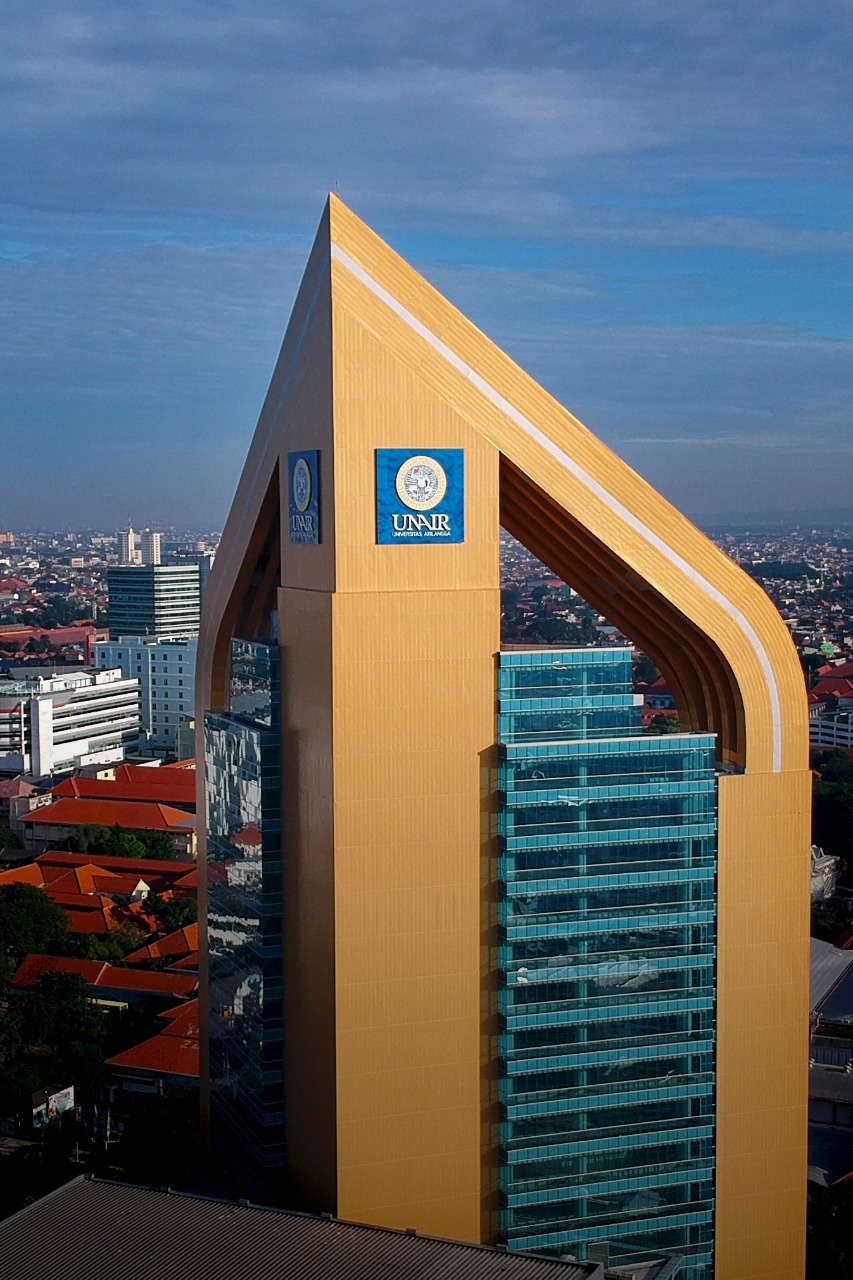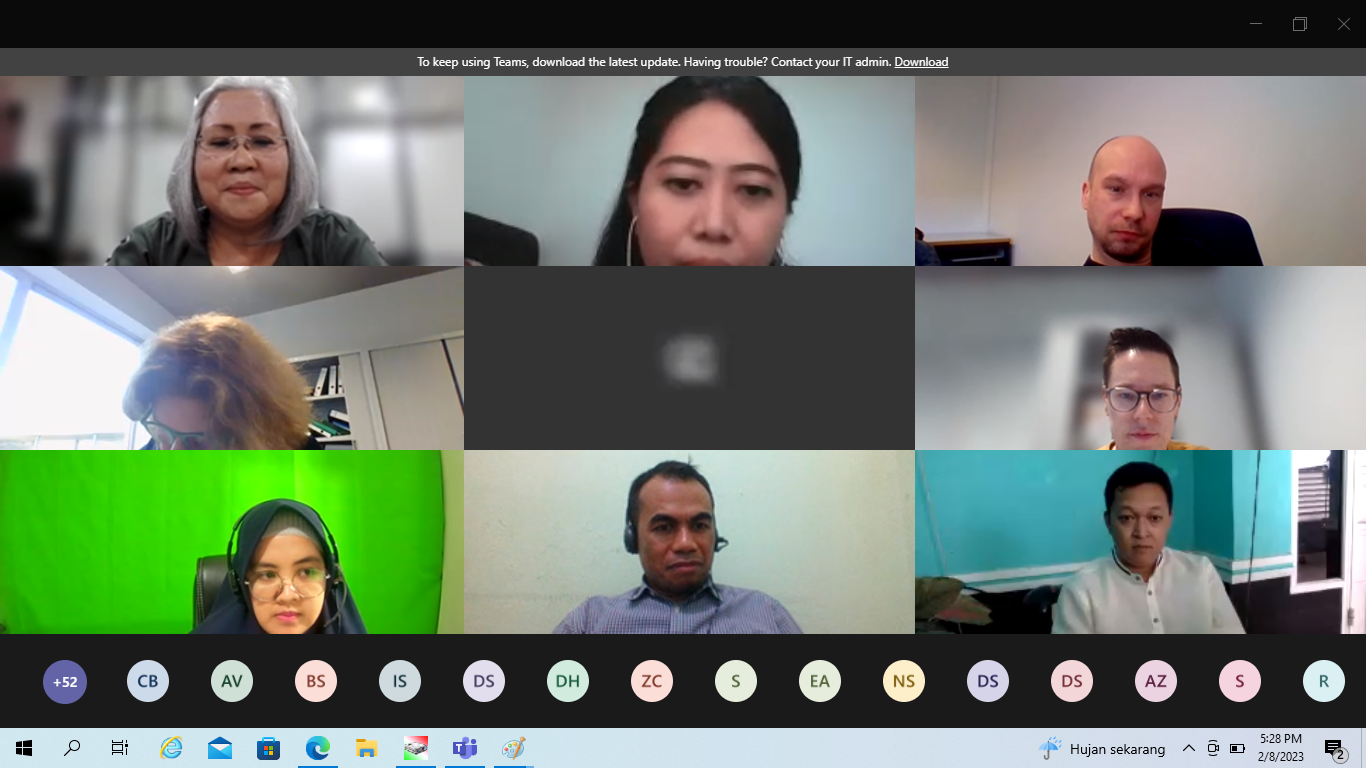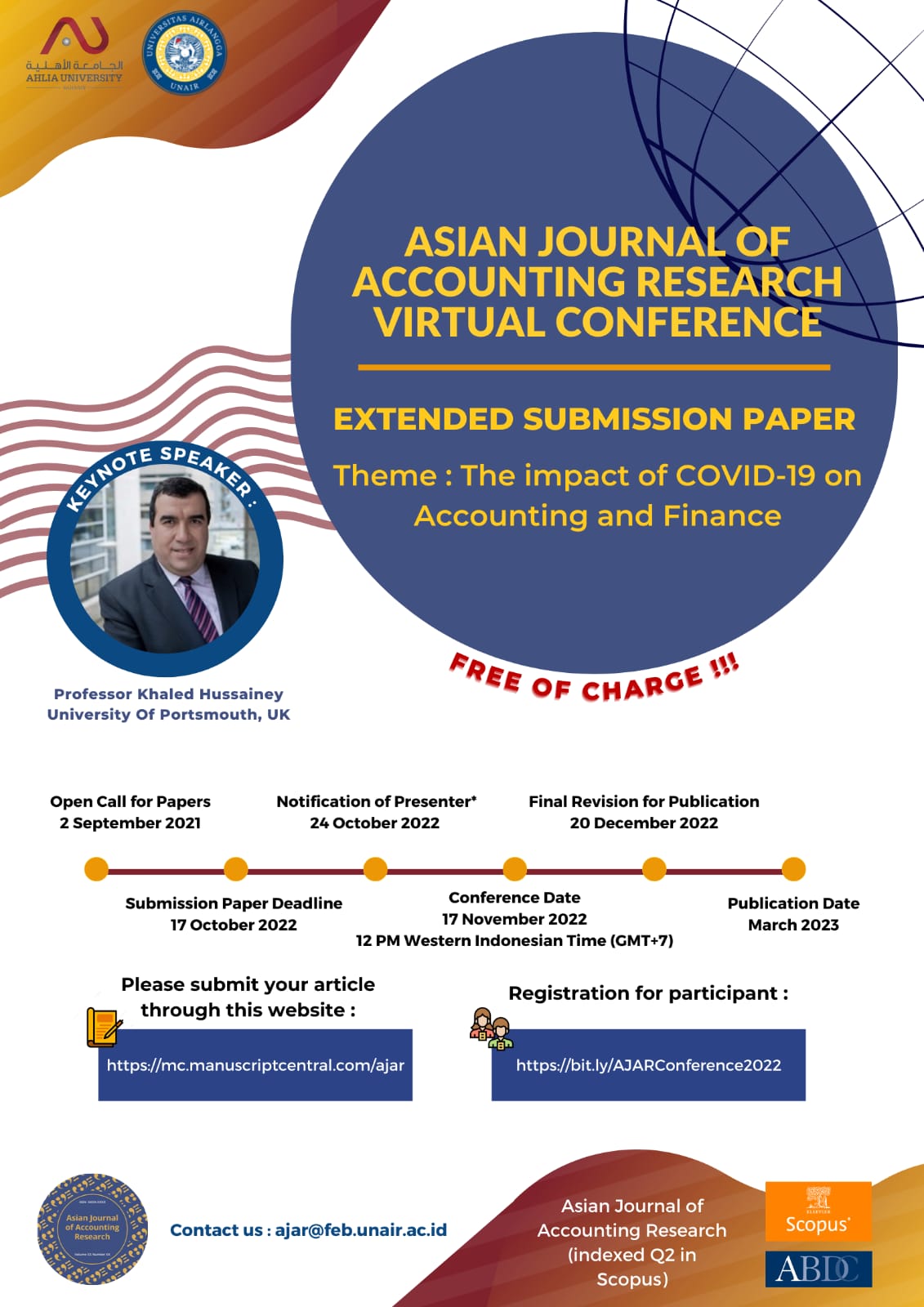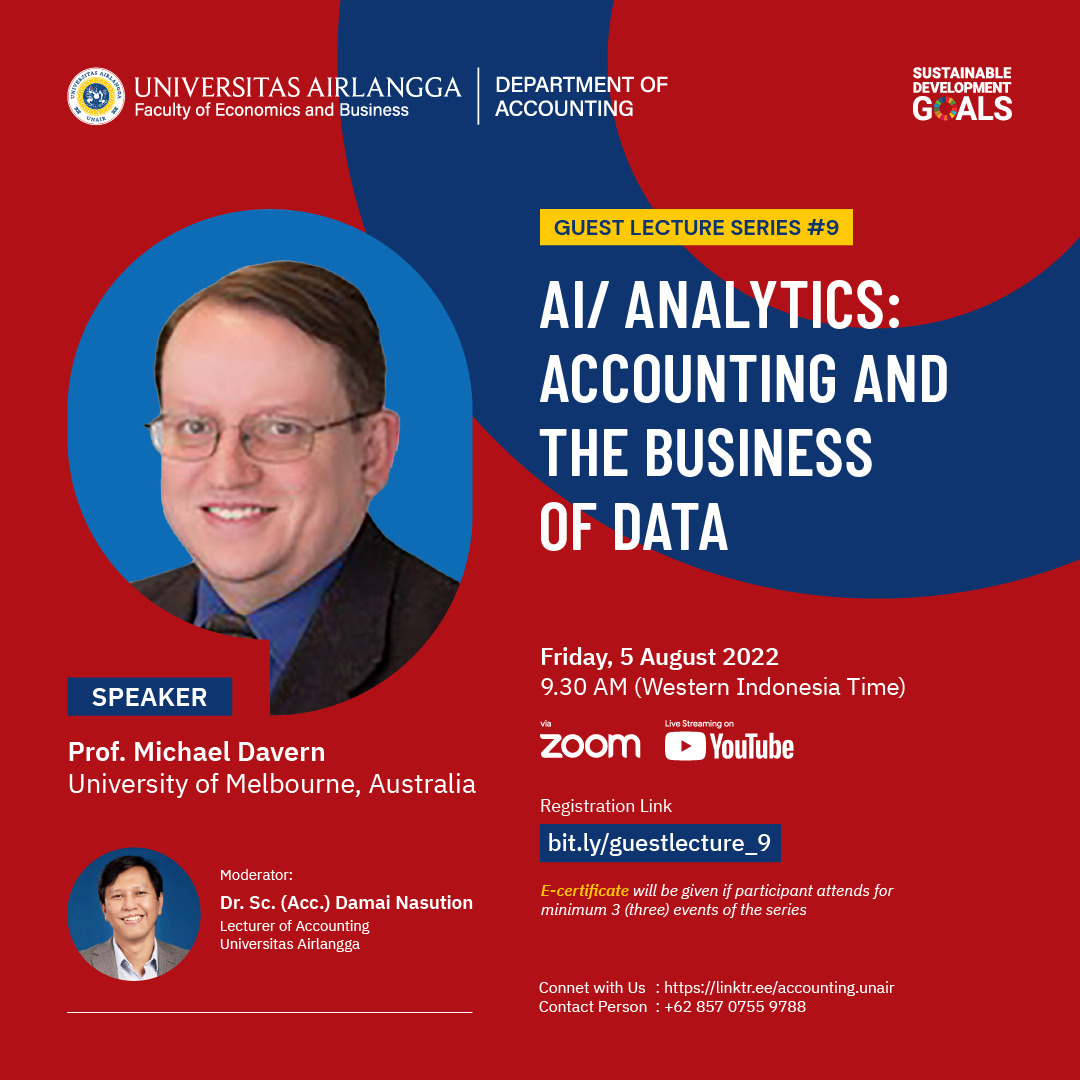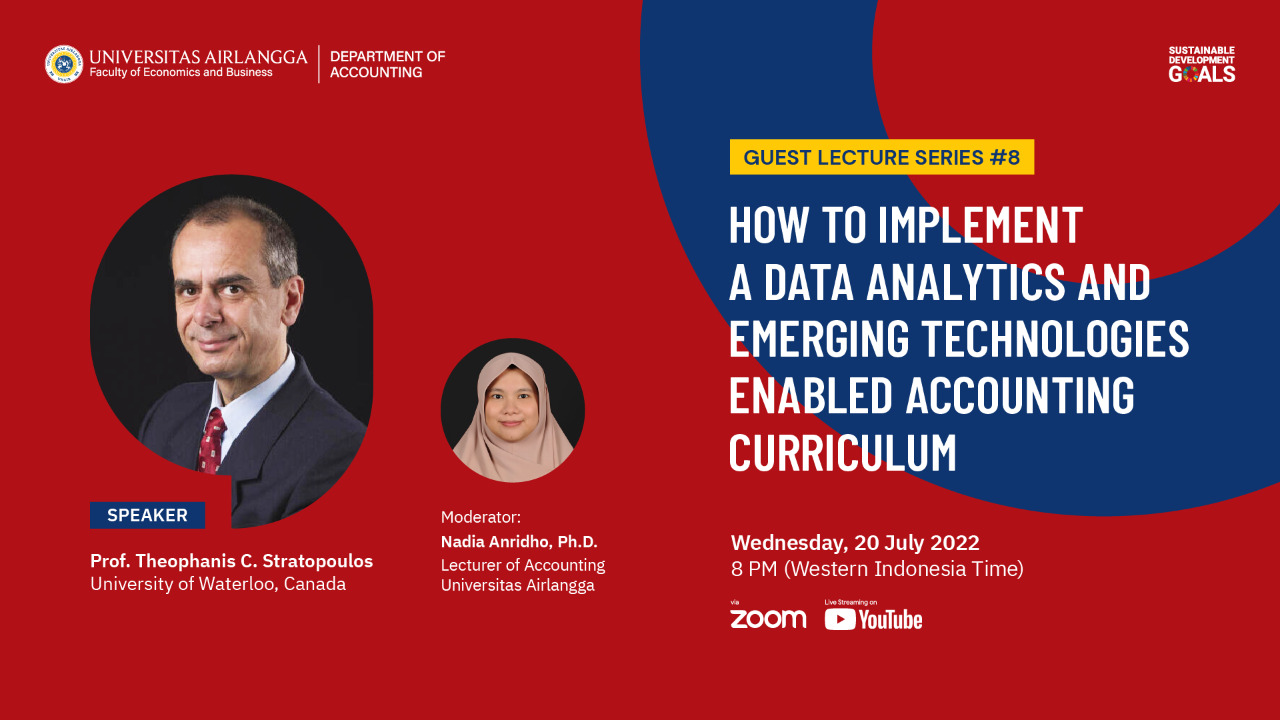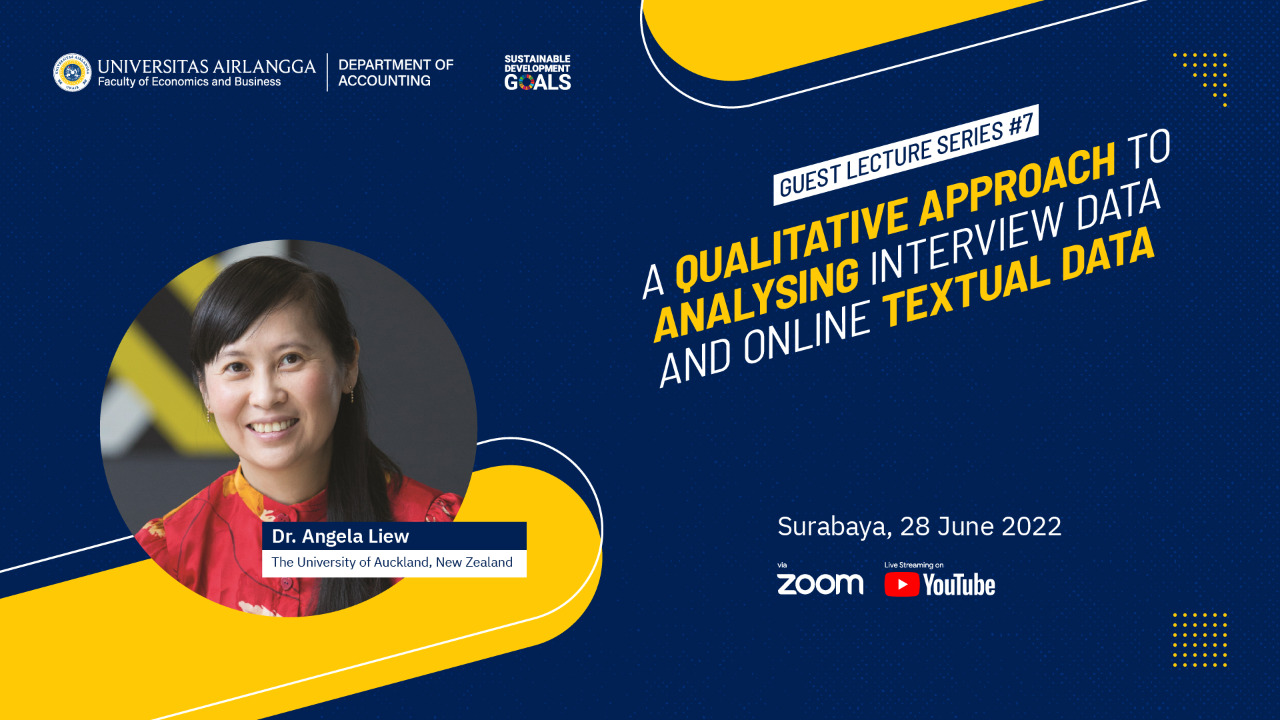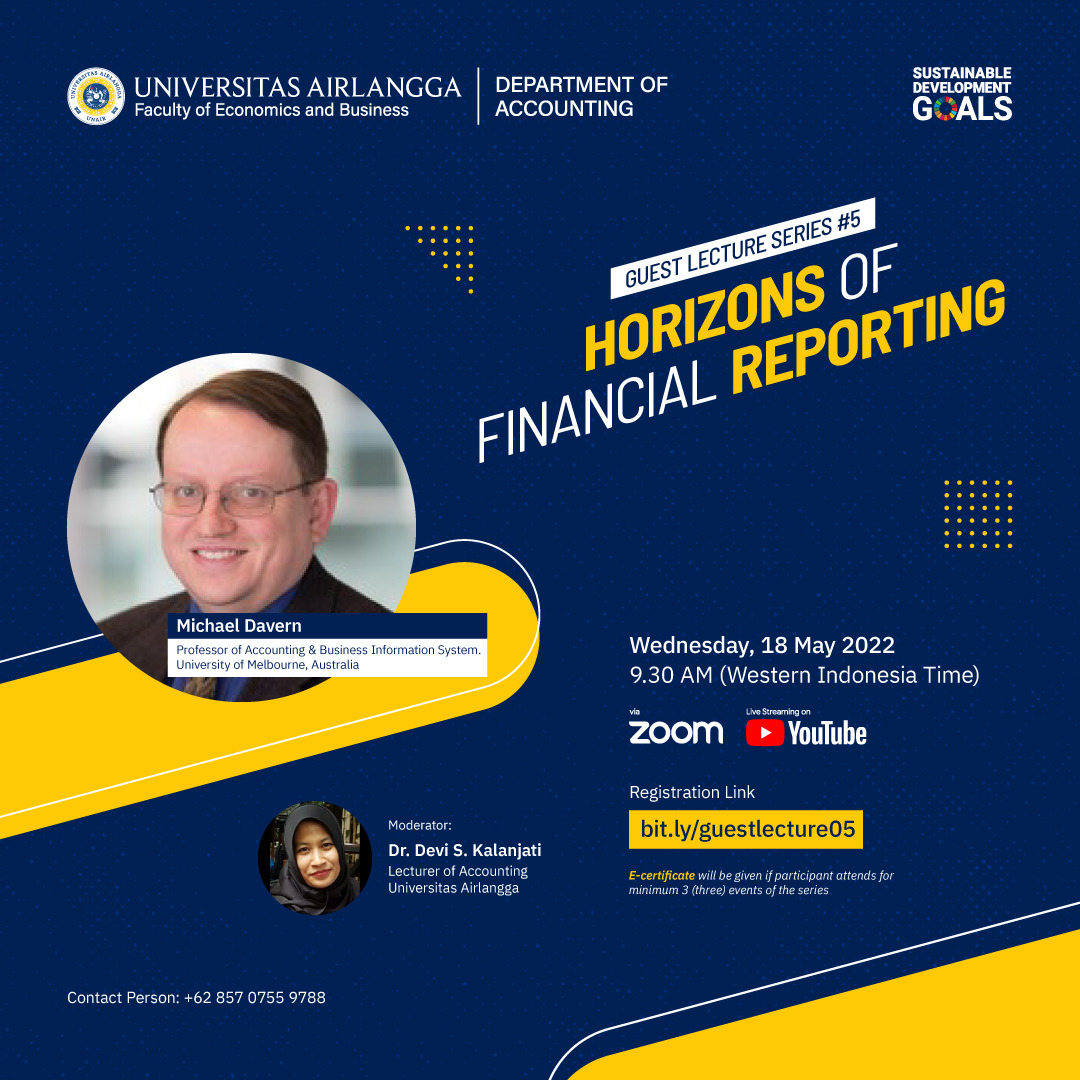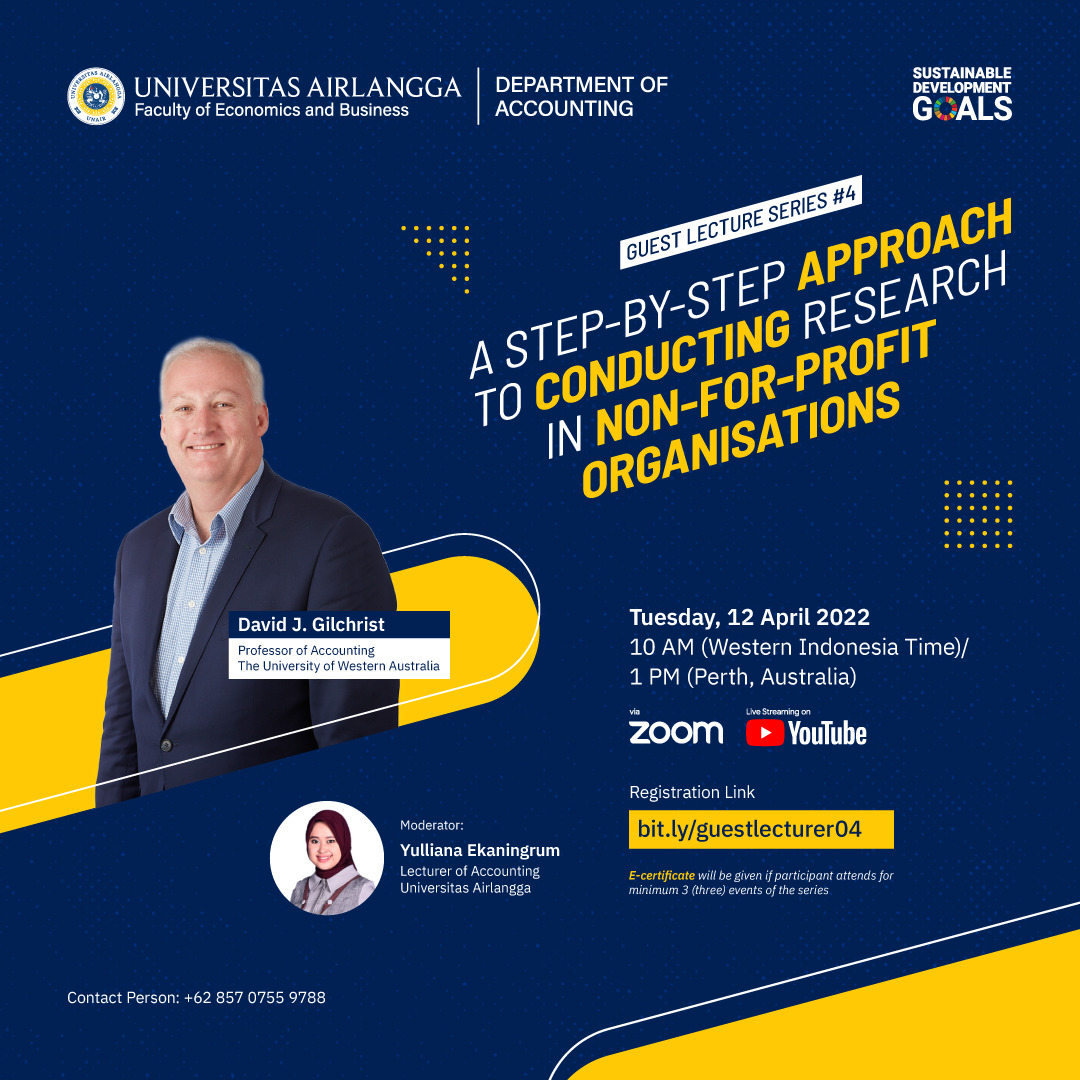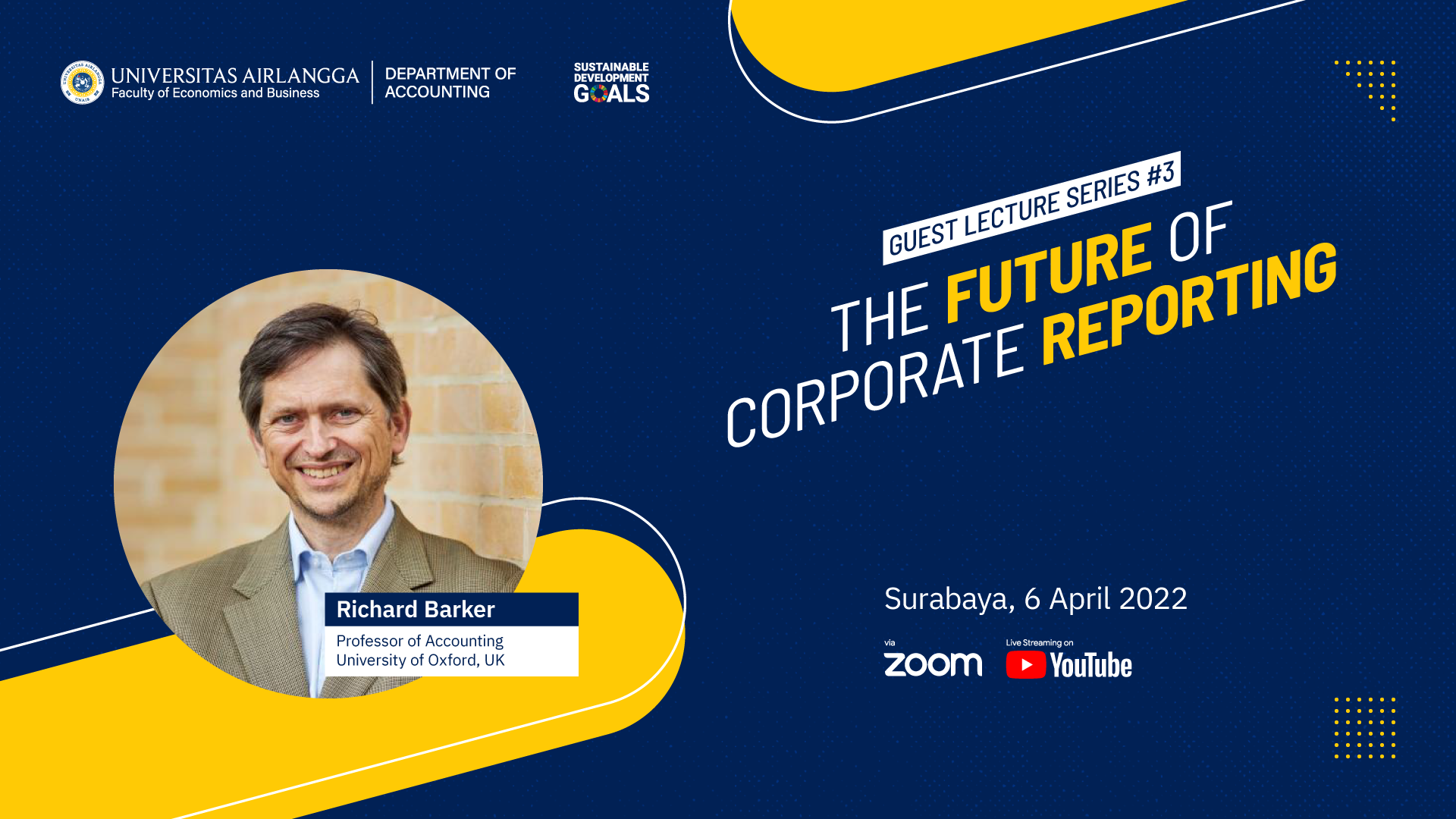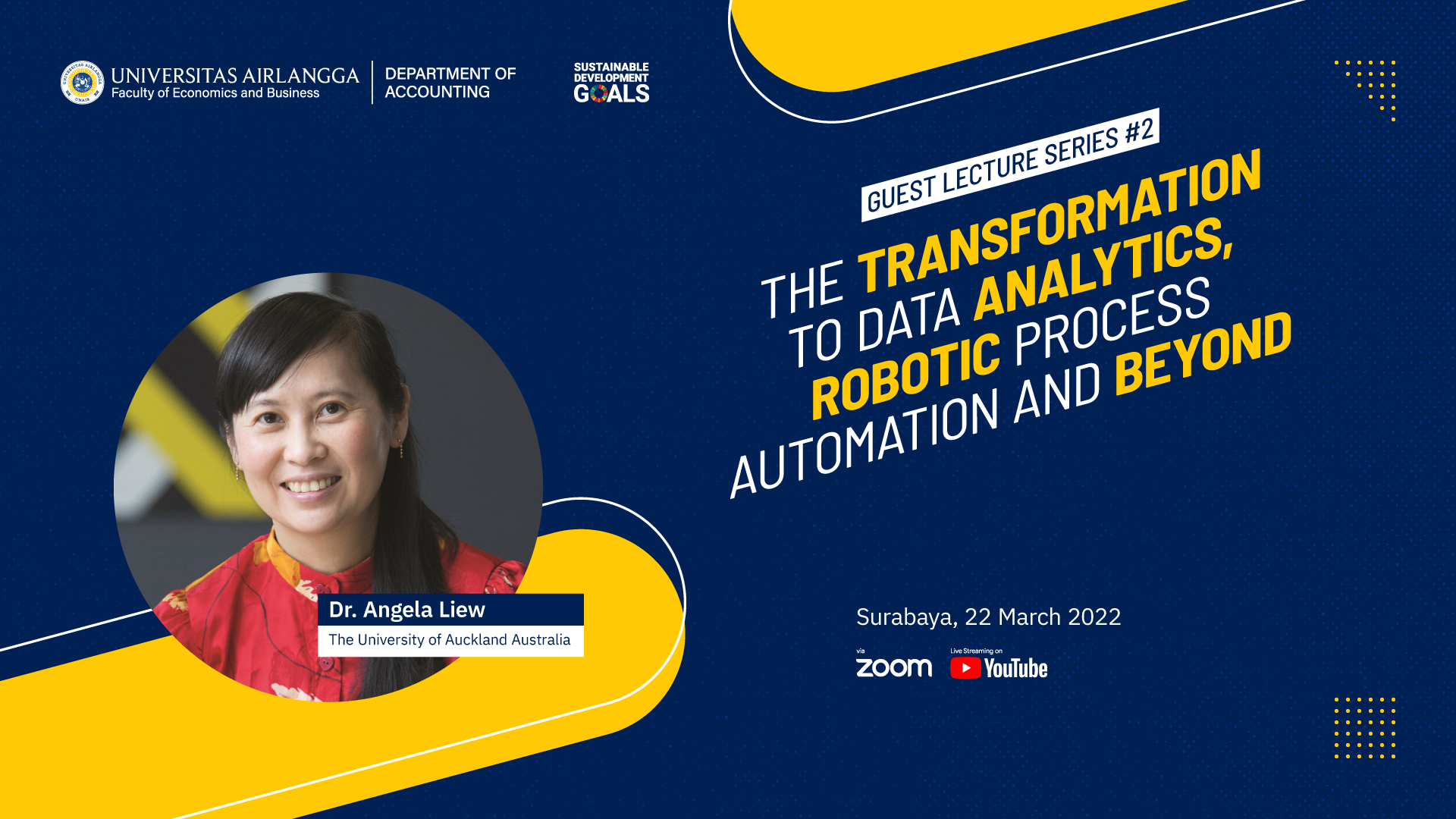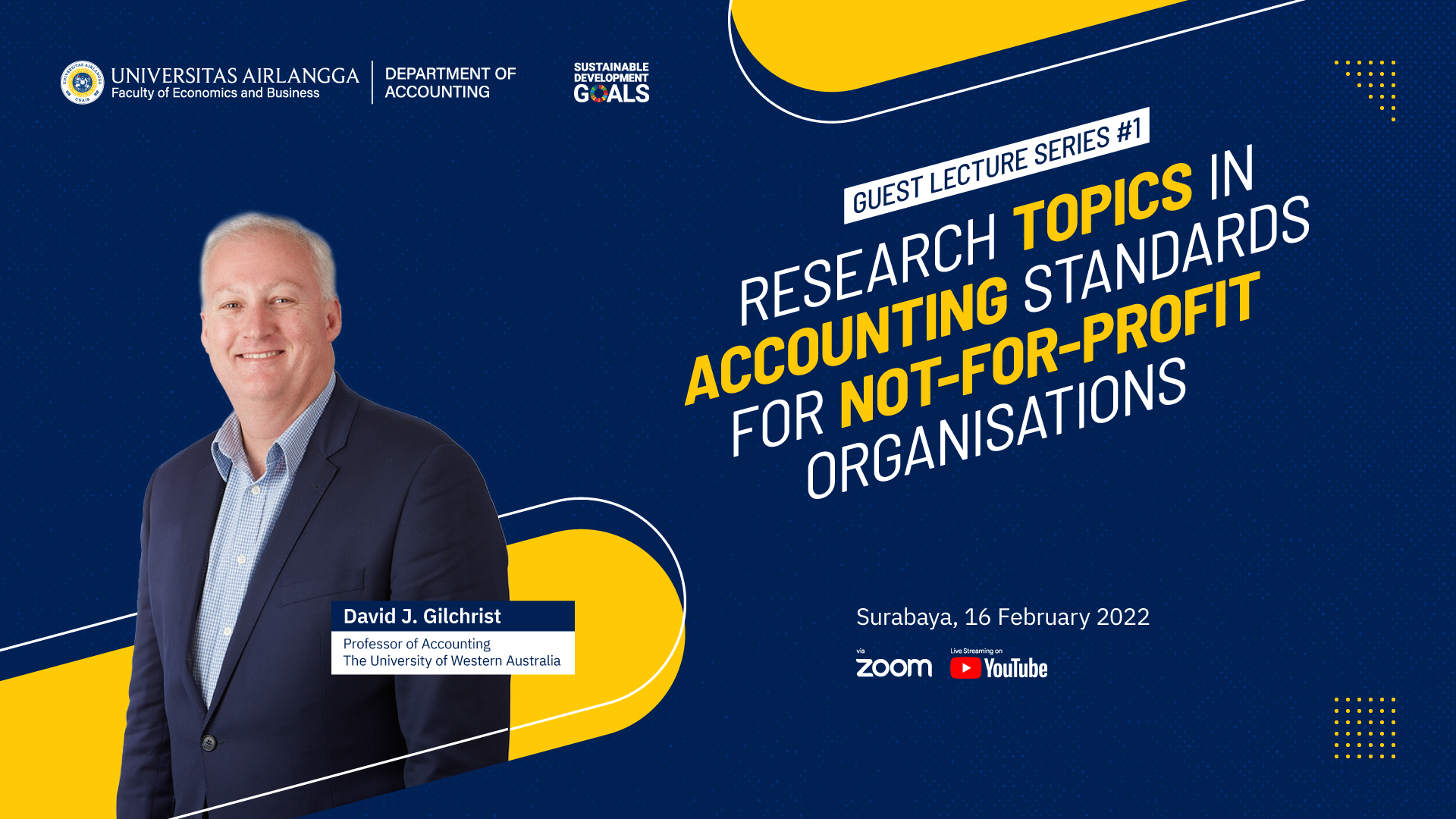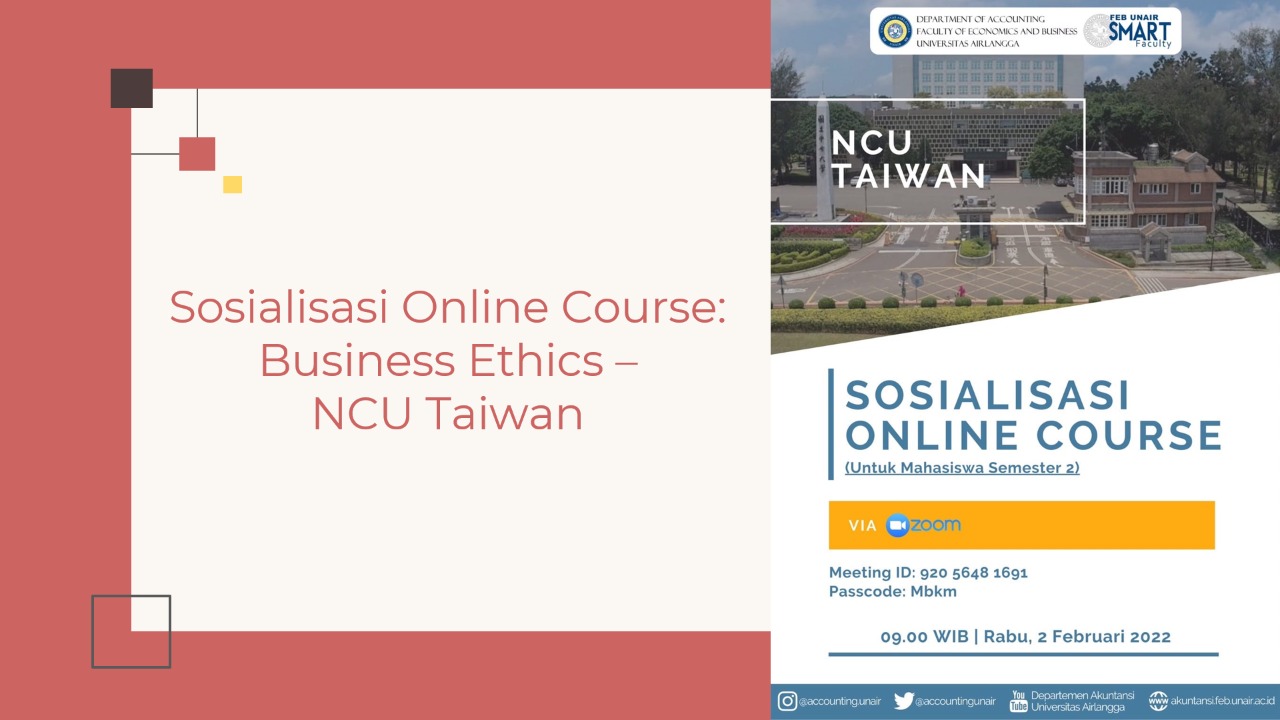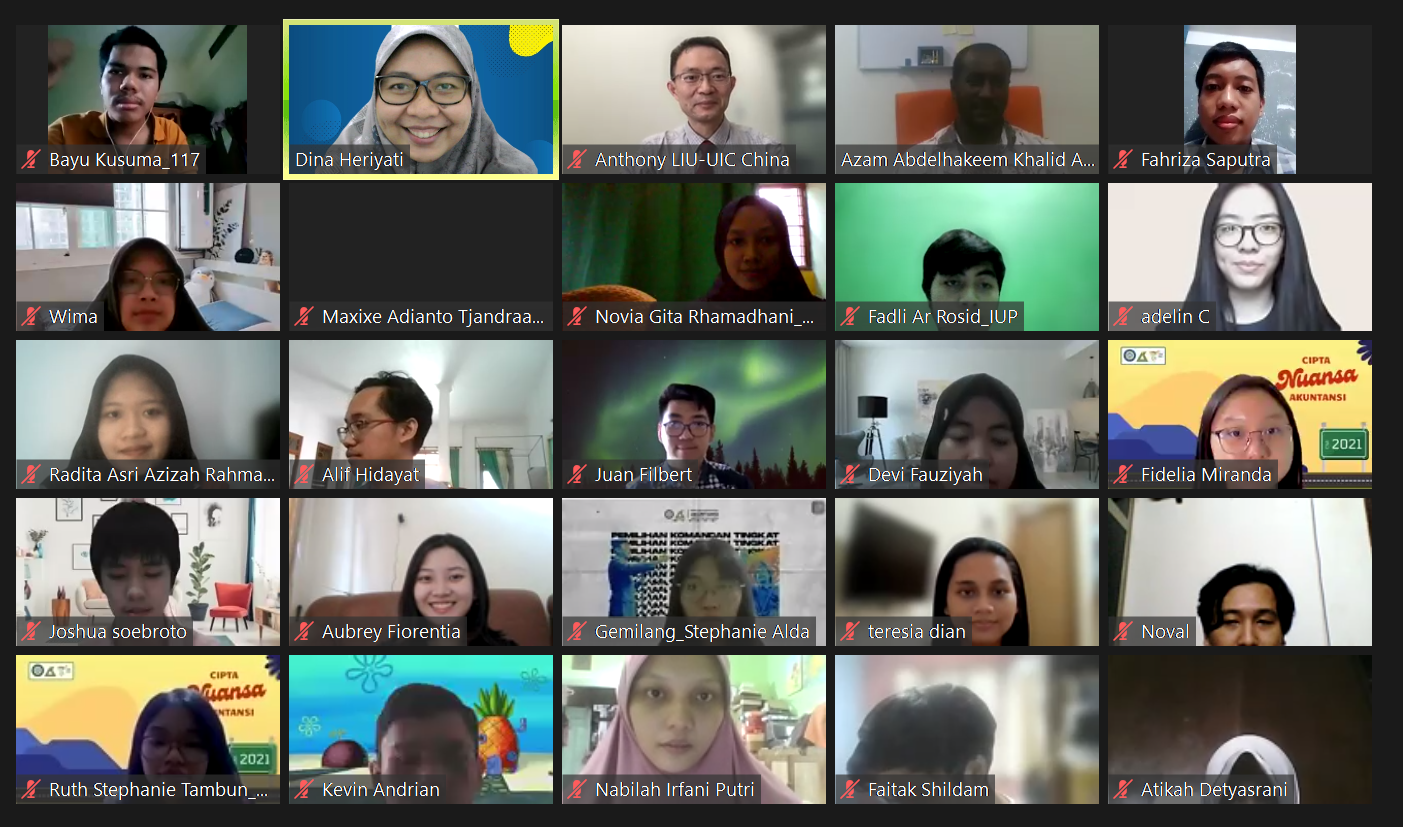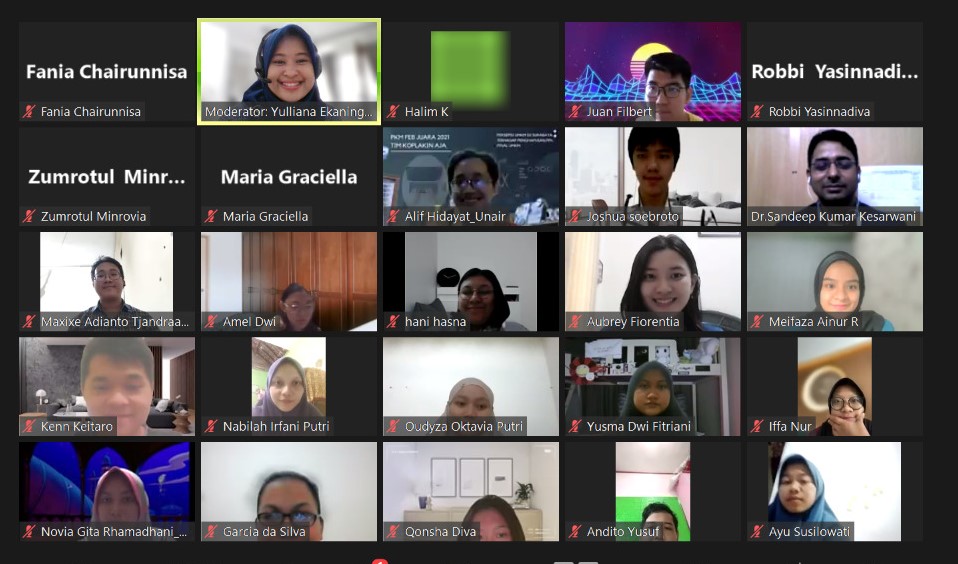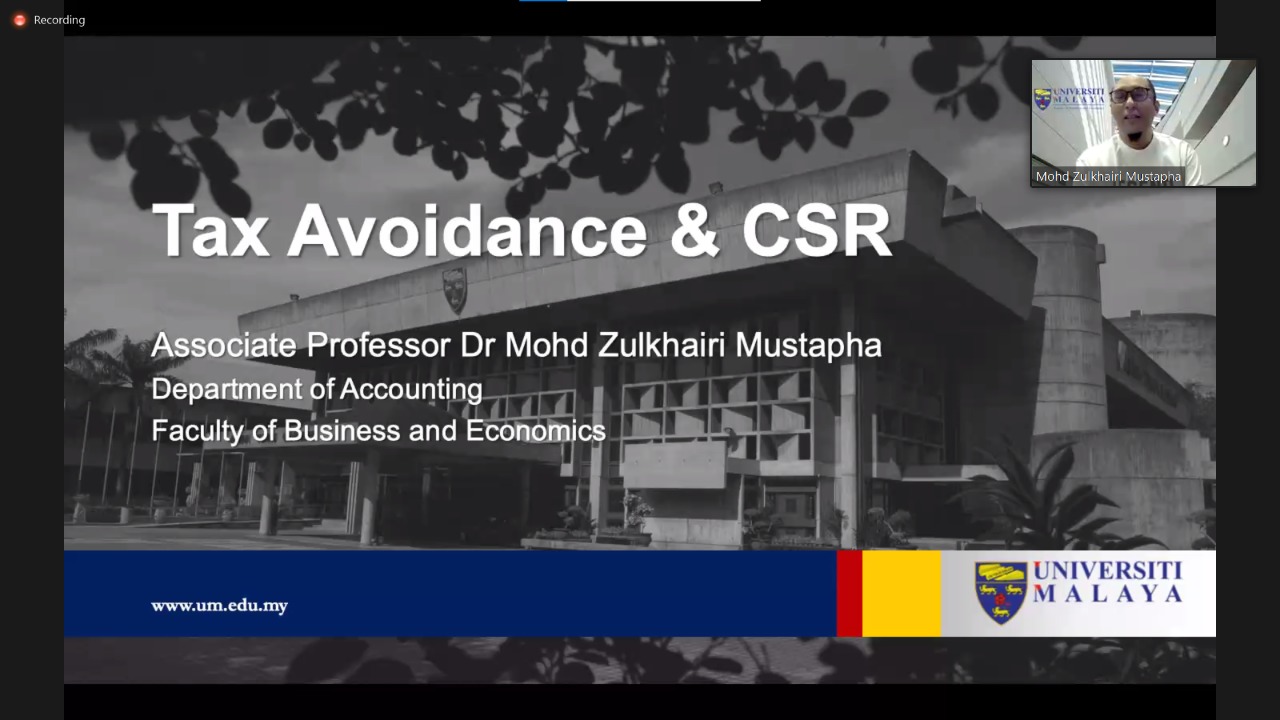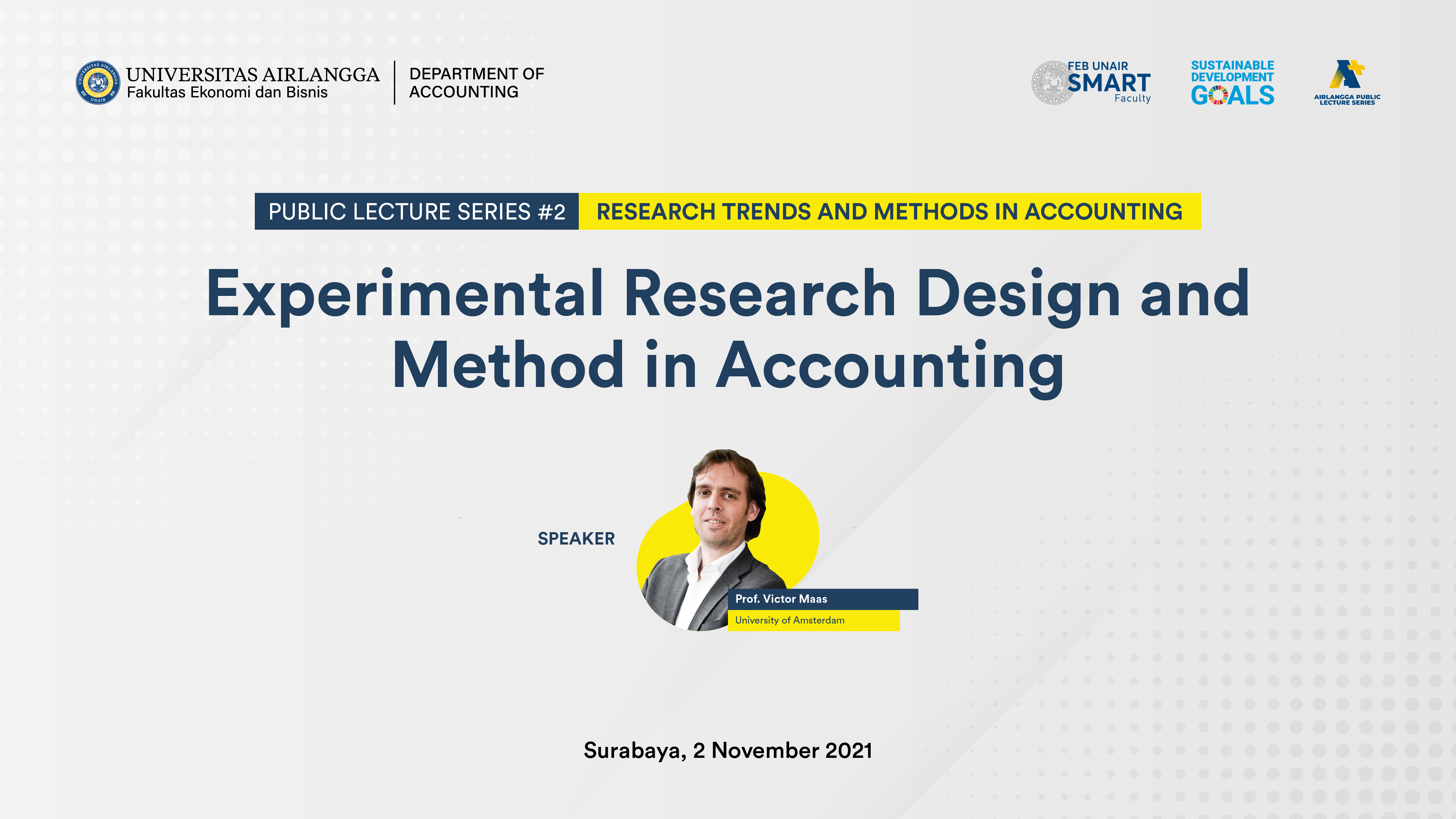Professor of Accounting, University of Amsterdam, Victor Maas was invited to give the 3rd Public Lecture of the Public Lecture Series from the Accounting Department. Prof. Victor Maas presented a lecture regarding Experimental Research Design and Method in Accounting. The public lecture session was moderated by Dr. Sc. (Acc.) Damai Nasution, an Assistant Professor of Accounting from the Accounting Department. He firstly explained that an experiment is a test under controlled conditions that is made to examine the validity of a hypothesis which he quoted from (Shadish et al. 2002). He also explained how hypothesis is one thing affecting another thing, it includes statements about the existence and form of cause-effect relationships. Prof. Victor Maas mentioned that in making hypotheses, researchers usually choose to identify how X has a positive or negative effect on Y or the effect of X on Y depends on Z, and can be way more complicated than that also. He also said that the hypothesis is based on psychology theory.
Prof. Victor Maas then proceeded to explain about controlled conditions, which means in practice that it is to isolate the cause-effect relationships of interest, all factors that might influence this relationship are either randomized or held constant. This is what sets experimental research apart from other kinds of research. In controlled conditions, variation in independent variable is typically manipulated by the experimenter, while variation in dependent variable is observed and variation in moderating variable is either manipulated or measured. He also gave some fun examples so that the participants can understand better. He also stated that there are some types of experiments, such as lab experiments, online experiments and field experiments and lab experiments have more experimental control than the others because when experiments are done in the researcher’s lab, the more control the researchers have on the participants.
Aside from that, Prof. Victor Maas then explained what the participants do, which includes making a decision that affects real world payoff, or performing a task that requires effort and/or skill and responding to a vignette. Decisions about payoffs usually are economic based experiments, testing risk preferences, social preferences or the strategic setting of the respondents. Meanwhile, the ones that require real effort and/or ability tasks usually include how participants do physical work, solve puzzles, decode text, answer trivia questions, negotiate with each other, choose between products in a virtual supermarket or others. Prof. Victor Maas then proceeded to elaborate about the vignette studies, which are usually done by participants reading a short story/case scenario, and the dependent variable is a judgement or decision based on the case scenario while the independent variable is embedded in the story. He also explained that it is possible to combine and make collaborations out of these studies, for example payoff choice studies done online and in the lab and others.
Prof. Victor Maas then explained about research questions in experimental research, he stated that experiments are mainly used by behavioral researchers, so the questions will be for individuals. He also warned that experiments are typically not suitable for exploratory research, or for testing hypotheses about absolute levels of phenomena or relative effect sizes. He also elaborated some important do’s and don'ts that researchers need to identify before implementing experimental research.
Watch again the public lecture on our official YouTube channel
(BLQ)


